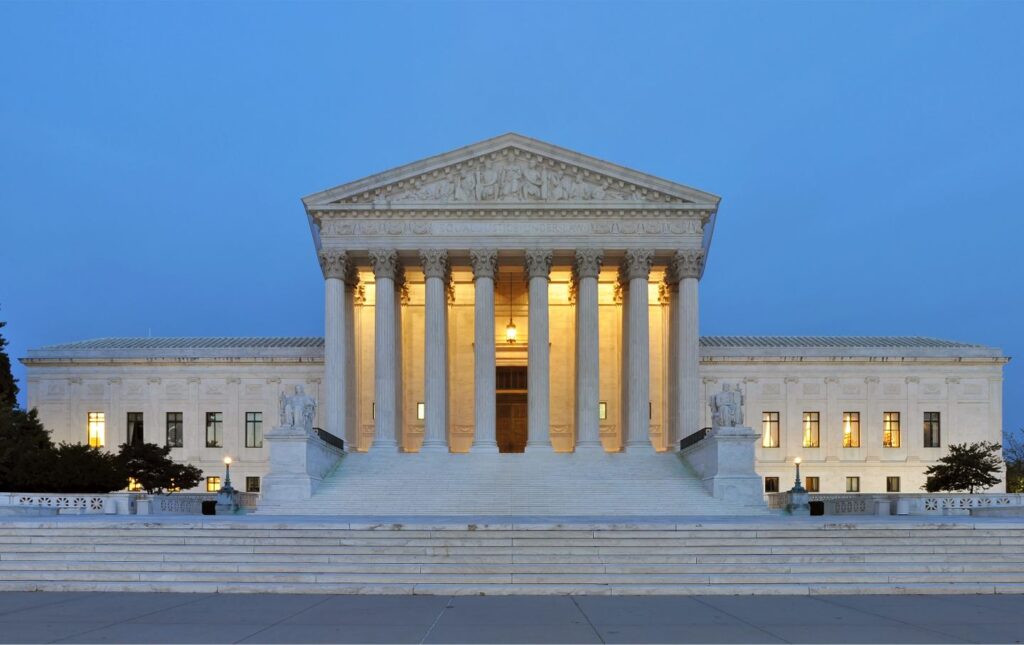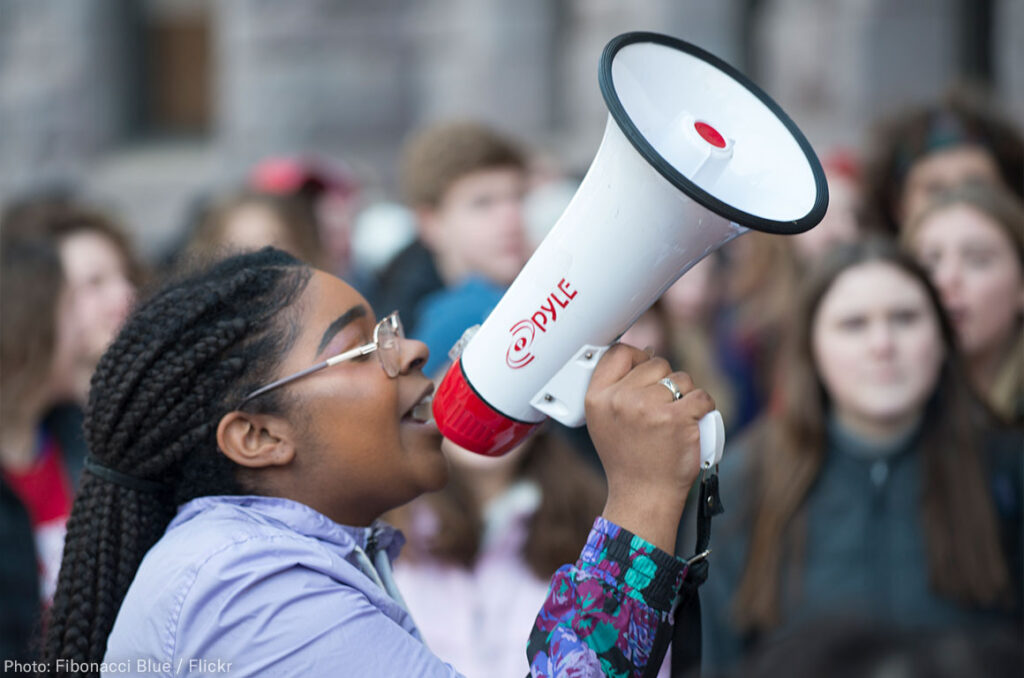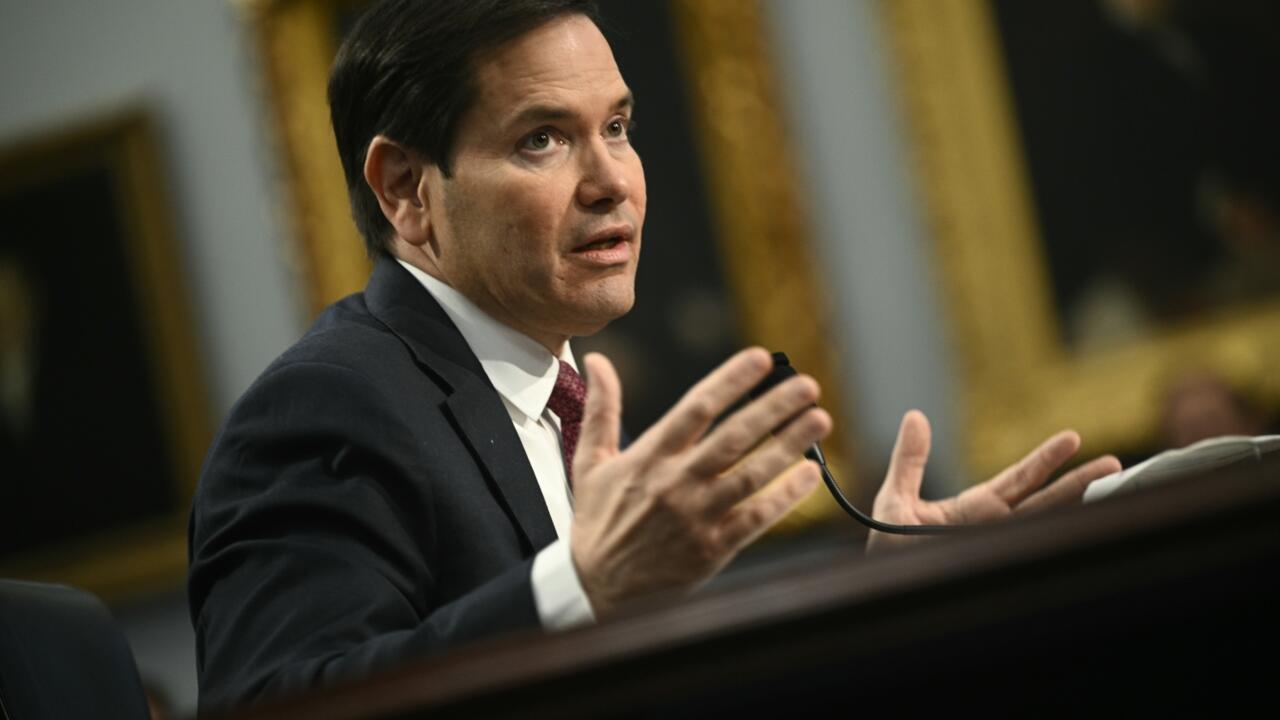The State Department’s temporary halt to scheduling new student visas – a move driven by the expansion of social media screening – isn’t simply a bureaucratic pause. It’s a troubling escalation of surveillance that raises profound questions about the very foundations of American liberty and due process. While security concerns are legitimate, the proposed approach – scrutinizing the online lives of aspiring students – represents a dangerous overreach with no clear legal basis and a chilling effect on academic freedom.

A Violation of the Fourth Amendment
At the heart of this issue lies the Fourth Amendment to the U.S. Constitution, which protects individuals from unreasonable searches and seizures. The government cannot simply target individuals based on their online activity, particularly when that activity doesn’t pose a demonstrable threat to national security. The Fourth Amendment requires probable cause – a reasonable belief that a crime has been committed – before a search can be conducted. To demand access to a student’s social media accounts, based solely on their intention to study in the U.S., is a blatant disregard for this fundamental right. It’s akin to demanding a warrant based on a thought, not an action.

International Students: A Legal Gray Area
Historically, the Supreme Court has generally held that the Fourth Amendment’s protections extend to non-citizens, particularly those residing within the United States. However, the extent of these protections has been debated, particularly in the context of national security. The key argument centers on the concept of “reasonable expectation of privacy.” Do international students, applying to be present in the U.S., have a reasonable expectation of privacy regarding their online activity?
The government’s justification for increased scrutiny of social media – arguing it’s a vital tool for national security – faces significant legal challenges. Critics argue that it represents a disproportionate intrusion into the privacy of individuals and could be used to suppress dissent or target individuals based on their beliefs. In fact, the Trump administration has already admitted that the purpose of this vetting is to be certain that students do not oppose Trump’s agendas.
Furthermore, the legal framework surrounding immigration and surveillance is constantly evolving. The courts will ultimately determine the scope of Fourth Amendment protections for international students, and this decision will have profound implications for academic freedom, civil liberties, and the very nature of immigration policy in the United States. The current approach raises serious concerns about potential overreach and the erosion of fundamental rights.

The Slippery Slope of Political Targeting
This policy creates a dangerous precedent. Who decides what constitutes “suspicious” online activity? What safeguards are in place to prevent politically motivated targeting? The potential for abuse is immense. A student expressing dissenting opinions, engaging in peaceful protest, or simply holding views that differ from the administration’s perspective could be flagged as a security risk, effectively barring them from entering the country. This directly contradicts the principles of academic freedom and the right to free expression, cornerstones of American higher education.

Lack of Legal Precedent & Due Process Concerns
There is no legal precedent for the government to demand access to a student’s social media accounts as part of the visa application process. The current approach lacks due process protections, including the right to challenge the evidence against them and the right to legal representation. It’s a system built on suspicion, not evidence.

Echoes of Historical Injustices
This policy echoes historical injustices, reminiscent of McCarthyism, where individuals were persecuted based on unsubstantiated accusations. We must remain vigilant against any attempts to erode our civil liberties in the name of security.

A Call for Responsible Security Measures
We need robust security measures, but they must be proportionate, evidence-based, and grounded in the law. Instead of broad surveillance, the focus should be on investigating genuine threats, not on scrutinizing the online lives of students seeking to learn and contribute to American society.
Sourced from https://apnews.com/
Additional Details:
